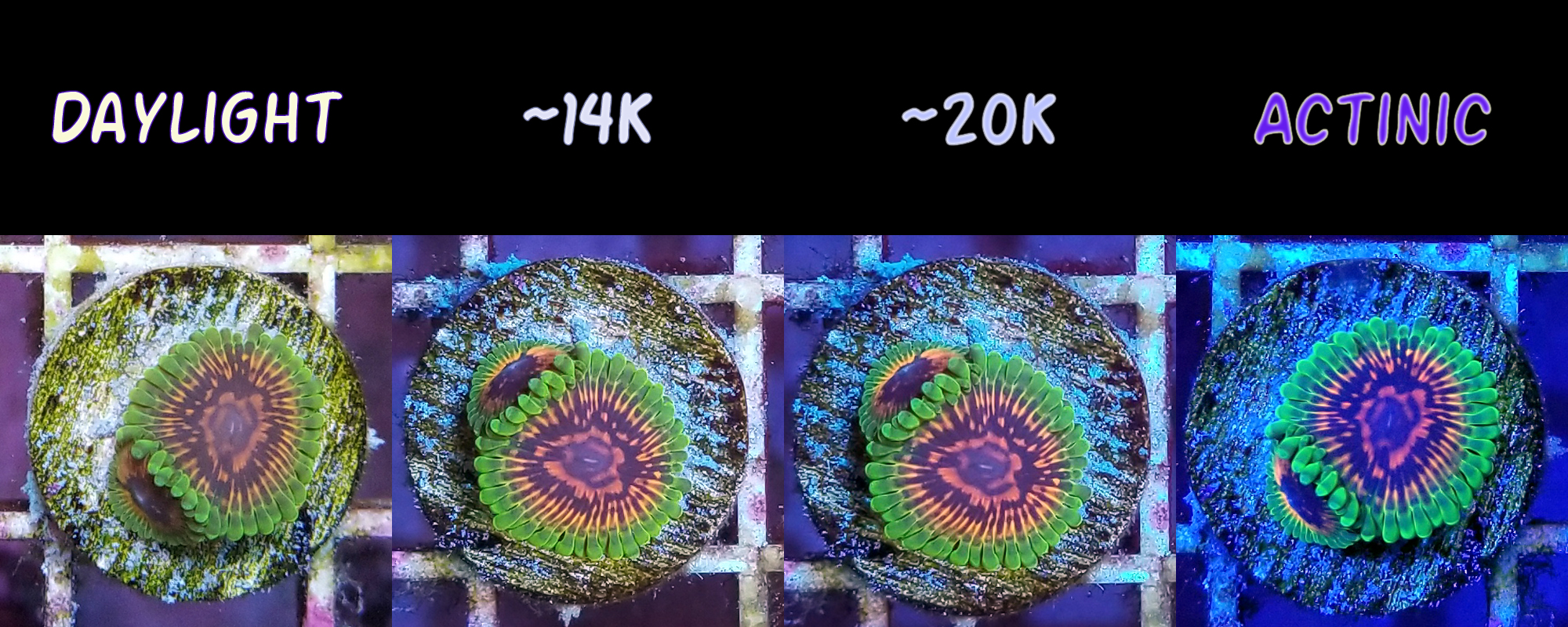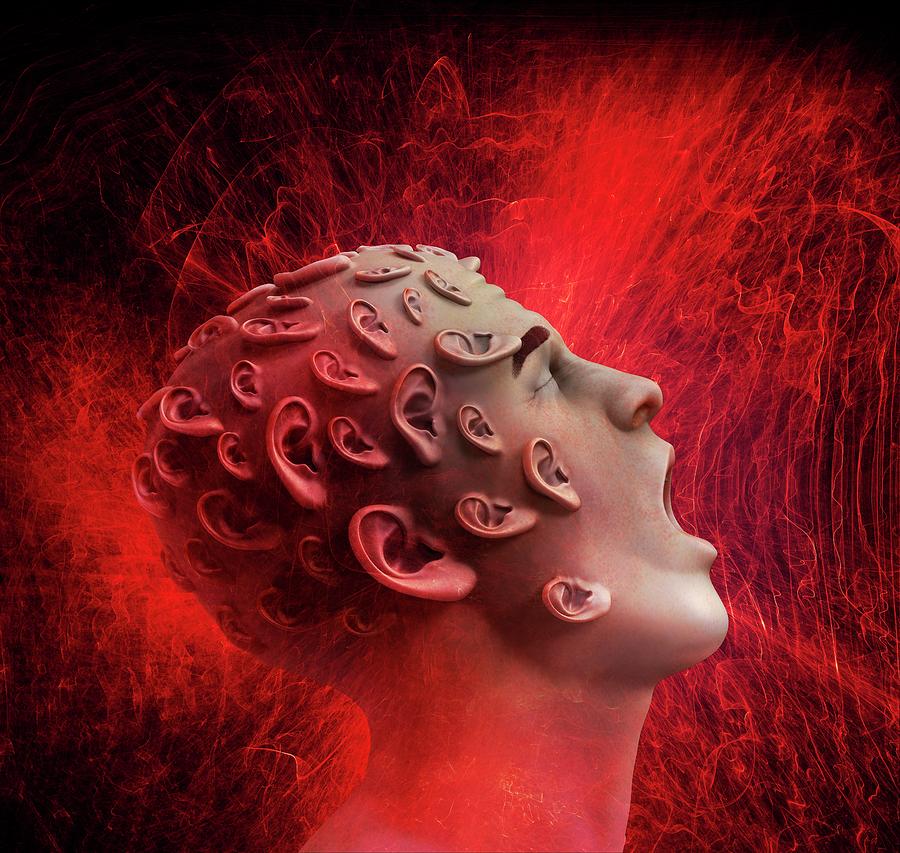

Hallucination how to#
Key areas for future research include the development of valid and reliable assessment tools for use in mechanistic studies and clinical trials, transdiagnostic studies of shared and distinct mechanisms and when and how to treat visual hallucinations.
Hallucination trial#
Despite their frequency and clinical significance, there is a paucity of randomised, placebo-controlled clinical trial evidence where the primary outcome is an improvement in visual hallucinations.

A broad treatment perspective is needed, including carer support. Not all hallucinations require intervention but for those that are clinically significant, current evidence supports pharmacological modification of cholinergic, GABAergic, serotonergic or dopaminergic systems, or reduction of cortical excitability.

Once hallucinations are identified, physical, cognitive and ophthalmological health should be reviewed, with education and self-help techniques provided. Irrespective of clinical condition, case ascertainment strategies are required to overcome reporting stigma. Here we summarise the evidence base, current practice and consensus guidelines that emerged from the workshop. The National Institute for Health Research (NIHR) funded a research programme to investigate visual hallucinations in the key and high burden areas of eye disease, dementia and Parkinson’s disease, culminating in a workshop to develop a unified framework for their clinical management. However, irrespective of mechanism, visual hallucinations are difficult to treat. Uncertainties remain whether there is a single underlying mechanism for visual hallucinations or they have different disease-dependent causes. Visual hallucinations are common in older people and are especially associated with ophthalmological and neurological disorders, including dementia and Parkinson’s disease. Professor John O'Brien, Department of Psychiatry, University of Cambridge School of Clinical Medicine, Box 189, Level E4, Cambridge CB2 0SP, UK .uk 18 Dementia Research Centre, University College London, London, UK.17 University Neurorehabilitation Unit, Department of Neurology, University Hospital Inselspital, Bern, Switzerland.16 Gerontechnology and Rehabilitation Group, ARTORG Center for Biomedical Engineering Research, University of Bern, Bern, Switzerland.15 Bradford District Care NHS Foundation Trust, Lynfield Mount Hospital, Bradford, UK.14 Clinical Neurologica, Dipartimento di Neuroscienze, Imaging e Scienze Cliniche, Università G.D’Annunzio, Chieti-Pescara, Italy.13 Brain and Mind Centre and Central Clinical School, Faculty of Medicine and Health, University of Sydney, Sydney, New South Wales, Australia.12 Institute of Ophthalmology, University College London, London, UK.11 Moorfields Eye Hospital NHS Foundation Trust, London, UK.10 Global Brain Health Institute, Department of Psychiatry, School of Medicine, Trinity College Dublin, Dublin, Ireland.9 Gateshead Early Intervention in Psychosis Service, Cumbria, Northumberland, Tyne & Wear NHS Foundation Trust, Gateshead, UK.8 Institute of Psychiatry, Psychology and Neuroscience, King's College London, London, London, UK.7 Faculty of Medical and Human Sciences, The University of Manchester, Manchester, United Kingdom.6 Health Psychology Research Unit, Royal Holloway University of London, Egham, Surrey, UK.5 Health Psychology Research Ltd, Egham, Surrey, UK.4 Department of Clinical Neurosciences, WT-MRC Cambridge Stem Cell Institute, University of Cambridge School of Clinical Medicine, Cambridge, Cambridgeshire, UK.3 University of Exeter Medical School, Medical School Building, St Luke’s Campus, Exeter, UK.2 Translational and Clinical Research Institute, Newcastle University, Newcastle upon Tyne, UK.

1 Department of Psychiatry, University of Cambridge School of Clinical Medicine, Cambridge, Cambridgeshire, UK.


 0 kommentar(er)
0 kommentar(er)
